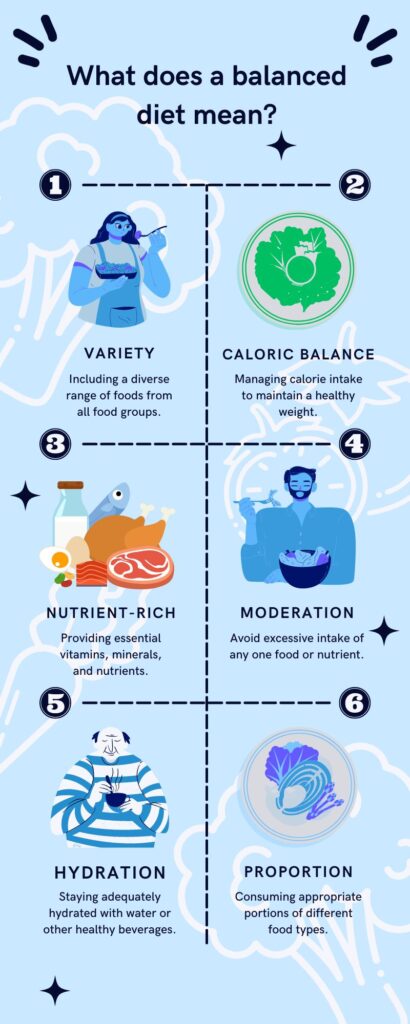Teenagers experience a period of rapid growth and development, making proper nutrition a critical factor in their overall health and well-being. A balanced diet plays a pivotal role in ensuring that adolescents receive the specific nutrients they need to support their growth and development. In this Gymate Blog, we will delve into the significance of a balanced diet for teens, discuss healthy meal planning, and portion control, and explore the specific nutrients required for their growth, all while referencing valuable information from the NHS.
The Basics of a Balanced Diet
A balanced diet provides the body with the right nutrients in the right proportions to maintain health. For teenagers, this means getting a mix of macronutrients and micronutrients.
Macronutrients
Macronutrients are nutrients that provide calories or energy. They include:
- Proteins: Protein is essential for growth and development in teenagers. It helps in building and repairing tissues, supporting a healthy immune system, and ensuring proper muscle development. The NHS recommends that protein should make up about 10-15% of a teenager’s daily caloric intake.
- Carbohydrates: Carbohydrates are the body’s primary source of energy. Teens should aim to get about 50-55% of their daily calories from carbohydrates, preferably from whole grains like brown rice, whole wheat bread, and oats.
- Fats: Healthy fats are crucial for proper brain development and overall health. About 25-35% of a teenager’s daily caloric intake should come from fats, with an emphasis on unsaturated fats found in nuts, seeds, and olive oil.
Micronutrients
Micronutrients are essential vitamins and minerals required in smaller quantities but are no less important. They include:
- Vitamins: Teens need a variety of vitamins, including vitamins A, C, D, E, and K, as well as the B-complex vitamins like B1, B2, B3, B6, B12, and folate. These vitamins are crucial for various bodily functions, such as immune support, energy production, and bone health.
- Minerals: Important minerals for teenagers include calcium, iron, magnesium, zinc, phosphorus, and potassium. These minerals are essential for strong bones, healthy blood, and overall growth.
Healthy Meal Planning for Teens
To ensure that teenagers get the nutrients they need, it’s important to plan meals that are balanced and nutritious.

Breakfast
Breakfast is often referred to as the most important meal of the day. It kickstarts metabolism and provides energy for the day ahead. A balanced breakfast for teens might include whole-grain cereal with milk, a serving of fruit, and a source of protein like yogurt or eggs.
Lunch
Lunch should be a well-rounded meal that includes a protein source (e.g., lean meat, tofu, or legumes), plenty of vegetables, and a serving of whole grains (e.g., whole wheat bread or brown rice). This combination provides sustained energy and necessary nutrients.
Snacks
Healthy snacks can help teens maintain their energy levels between meals. Opt for options like fresh fruit, yogurt, nuts, or whole-grain crackers with cheese. Avoid sugary or highly processed snacks.
Dinner
Dinner should follow a similar pattern to lunch, with a focus on lean protein, vegetables, and whole grains. Grilled chicken or fish with steamed vegetables and quinoa, for example, is a nutritious choice.
Portion Control
In addition to choosing the right foods, portion control is crucial for maintaining a balanced diet. Teenagers should be mindful of their portion sizes to avoid overeating. The NHS offers guidance on portion sizes to help individuals make healthier choices.
Micronutrient Requirements for Teens
Here is a table summarizing the recommended daily intake of essential vitamins and minerals for teenagers as per the NHS:
| Nutrient | Recommended Daily Intake for Teens |
| Vitamin A | 700-900 micrograms (mcg) |
| Vitamin C | 30-40 milligrams (mg) |
| Vitamin D | 10 micrograms (mcg) |
| Vitamin E | 11 milligrams (mg) |
| Vitamin K | 75-90 mcg |
| Vitamin B1 | 1.1-1.4 mg |
| Vitamin B2 | 1.2-1.6 mg |
| Vitamin B3 | 15-20 mg |
| Vitamin B6 | 1.2-2.0 mg |
| Vitamin B12 | 2.0-2.8 mcg |
| Folate (B9) | 200-300 mcg |
| Calcium | 1000-1300 mg |
| Iron | 11-15 mg |
| Magnesium | 300-400 mg |
| Zinc | 9-11 mg |
| Phosphorus | 700-1250 mg |
| Potassium | 2800-3100 mg |
These values may vary slightly based on age, gender, and individual needs.
Conclusion
A balanced diet is essential for teenagers to support their growth and development. By focusing on macronutrients and micronutrients, planning balanced meals, and practicing portion control, teens can ensure that they are receiving the necessary nutrients for their overall health and well-being. Following the recommendations provided by the NHS ensures that teenagers are on the right track to maintain a healthy and balanced diet. For more health and welfare advice see all our Gymate blogs
Top of Form






